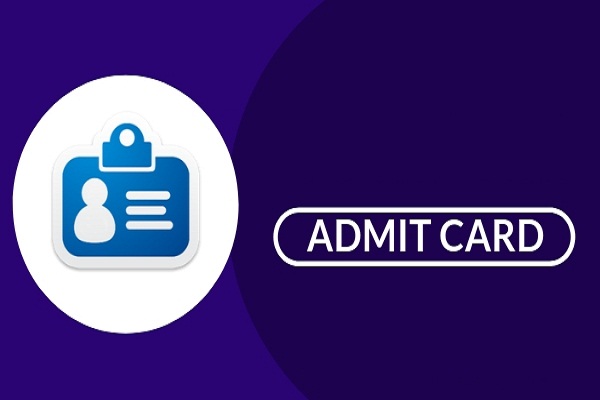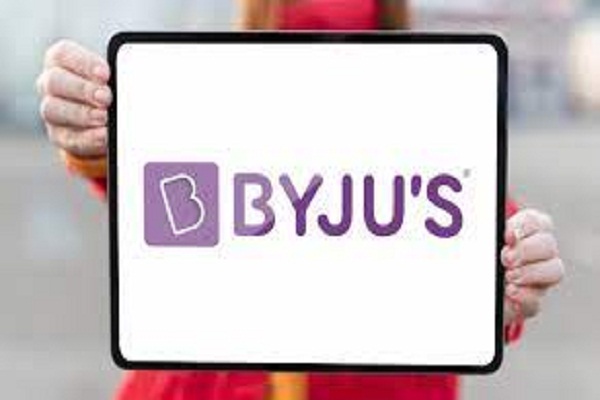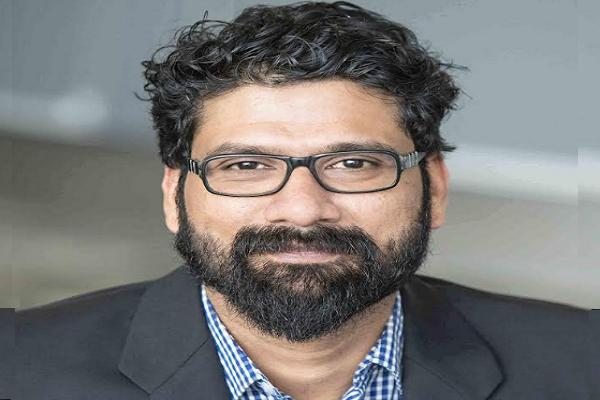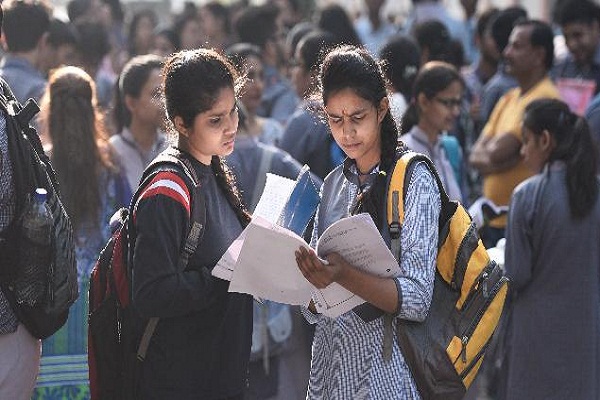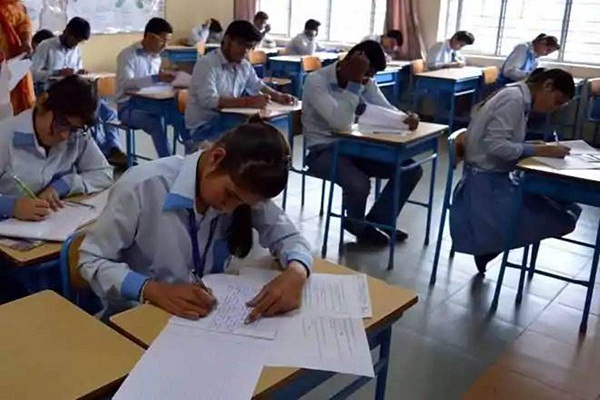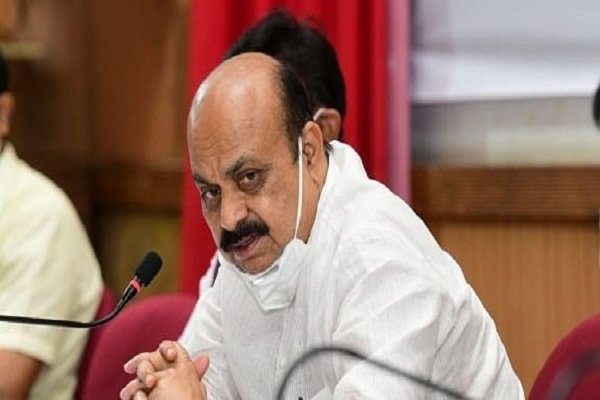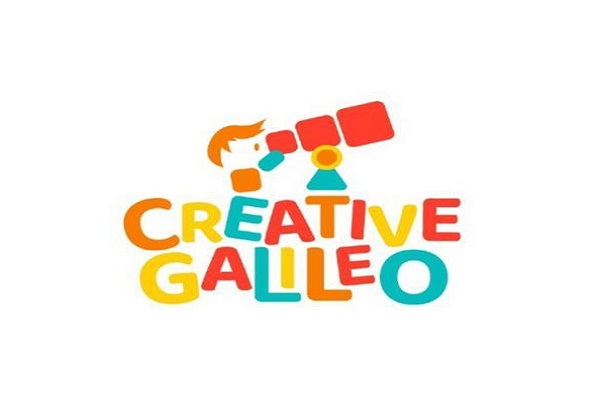Edtech companies need to provide tools that enhance teaching and learning process, said Rajeev Krishnan, Vice President – India, Matific to Elets News Network (ENN). He added that Edtech platforms with its ease of access, quality content and comparatively low-cost investment will motivate people to stick with online platforms.
How do we deal with poor digital infrastructure in online education?
In my option few things have to happen to take care of this : a) Integrated Public-Private Partnership approach where e-learning solutions can be rolled out through the telecom network b) E-Learning Providers should work to provide their content which works both Online & Offline c) Build quality regional content; students not only need to have access to device but also good content in vernacular languages d) Lastly include the parents in this learning process, by capacity building especially for first time learners.
Do you think there is a resistance among educational institutions to change? How do ed-tech firms deal with it?
Most educational institutes are comfortable with a traditional approach and are somewhat resistant to change. We need to keep in mind that change in the education industry does not come easy and it is a very gradual process. It is hence the responsibility of every EdTech firm to demonstrate the real value and benefit of one’s offering – Focusing on the features that aim to enhance teaching and learning, the underlying pedagogy which complements the teaching, ease of use of the program and the safety and security of the technology. Lastly, pricing does play a part, and hence we need to ensure that the products are priced to make it affordable to the parents.
Most importantly, we need to educate various stakeholders by asking the right questions to & providing the right answers. I will share my own company’s example – Matific or Math Labs with experiments, what should a school choose?. It may be fun to play in Math labs; however if the goal is to teach Mathematics, then the simulations are far more efficient than the actual physical objects. If you read books on child development perspective, it has been proven that compared with the physical counterparts, computer representations are more manageable, extensible and free of distracting features.
What are the ways Edtech firms are dealing with multilingual crises?
Our children are more comfortable communicating in their mother tongue, even if they study in English-medium schools. I personally don’t see any challenge here; Companies must tailor their solution and incorporate language nuances for effective delivery and user engagement.
Infact, the National Education Policy (NEP) 2020 document clearly advocates for vernacular instruction during primary years of education. So, any digital resource has to be in vernacular language. Edtech firms are not losing anything because in India we have millions of people who speak vernacular. As a company, we ensure that Matific is localized by language and curriculum alignment in nearly every country where we have users. For example, in India we are aligned to CBSE/ICSE/IB/IGCSE/State Board and translated in Hindi, Tamil, and Marathi, with the option of adding a new language.
How can we highlight the Edtech tools and technologies and make them user-friendly?
India is a huge market for Edtech products and services especially of the high importance that we place on education at every level. There is still a continued uncertainty around the opening of schools and colleges, and so there’s a strong belief that online learning/digital content will become more embedded among consumers.
The new norm is going to be more of blended learning – Edtech platforms with its ease of access, quality content and comparatively low-cost investment will motivate people to stick with online alternatives even after the pandemic has passed. There will also be a lot of emphasis on personalized adaptive learning, supplemental and remedial learning.
One of the demands which I have heard from many Educators was the need for interactive and engaging solutions for teachers in order to enable better learning outcomes in students. This I believe opens a lot of possibilities for Edtech players.
There is a lack of uniform e-learning legislation in India. How can we streamline the process and bring smoothness?
Today in our country, how various stakeholders (Parents, Schools, Teachers, Governments) decide on a particular product or solution is quite Ad Hoc. We need to have quality standards and evaluation framework to decide on various EdTech solutions. Governments in consultation with all stakeholders should roll out a comprehensive policy which lays down the fundamentals of E-Learning, Online classrooms and quality frameworks for EdTech Products.
The notion is that the Internet-based services are free. In such a case, how can we change the mind-set of the educational institutions?
Nothing is ever free on the Internet, somewhere somehow you have to pay for it. The perception is Internet-based services are monetized via advertising and data collection. Hence, they should be provided for free. This mindset can be changed when the perception regarding certain parameters of the paid service are altered – quality and exclusivity, how essential that content is, how readily/non-readily available it is, etc. Moreover, for utilizing good content, you also need proper training, which is not provided as a part of any free content. If a consumer sees merit in all of the above, they would be more than willing to pay for it.






